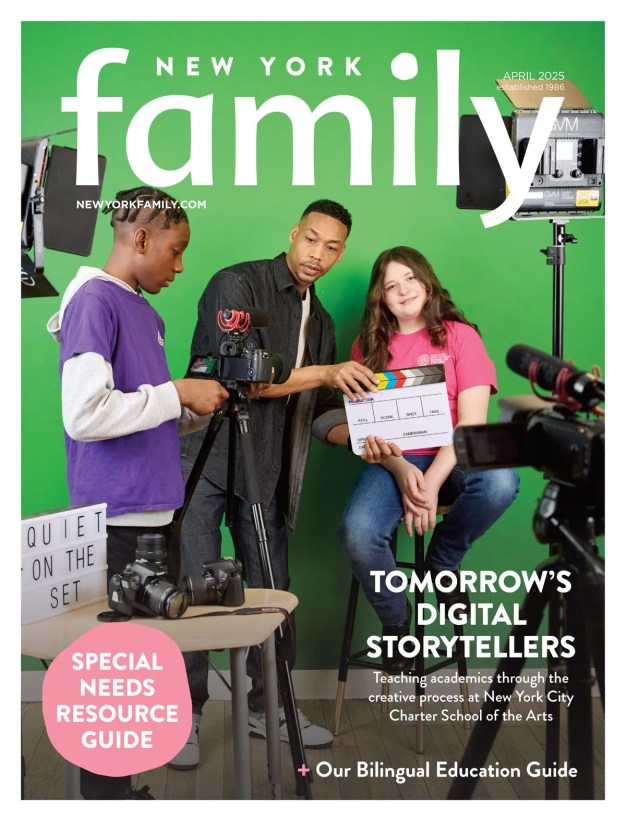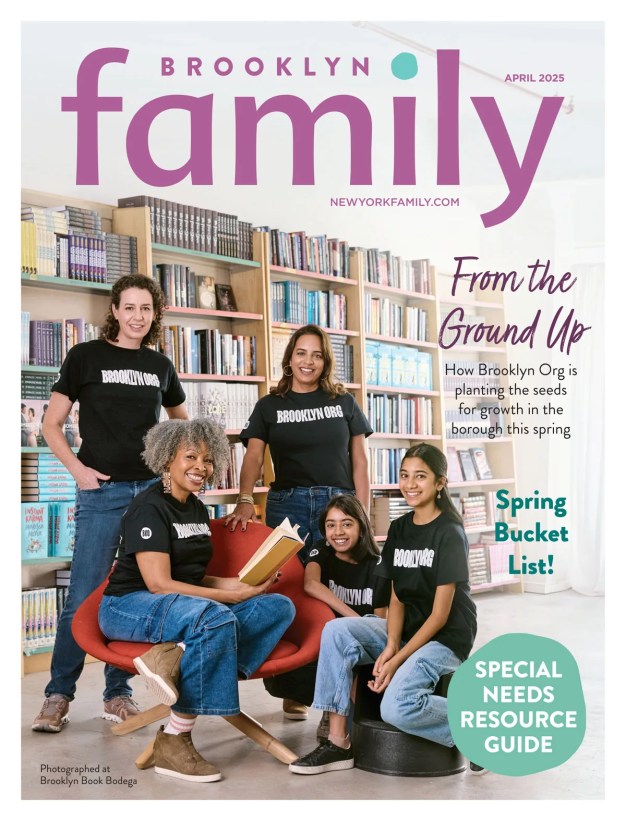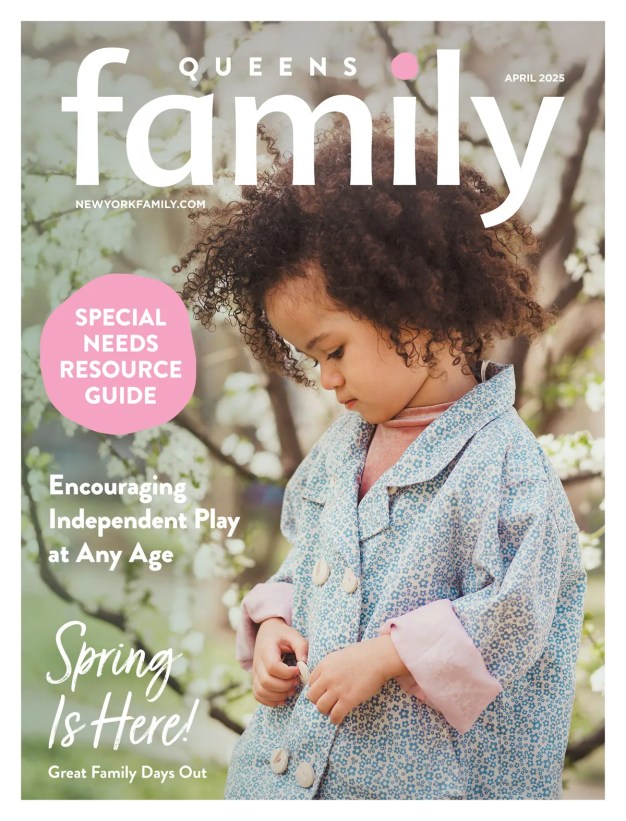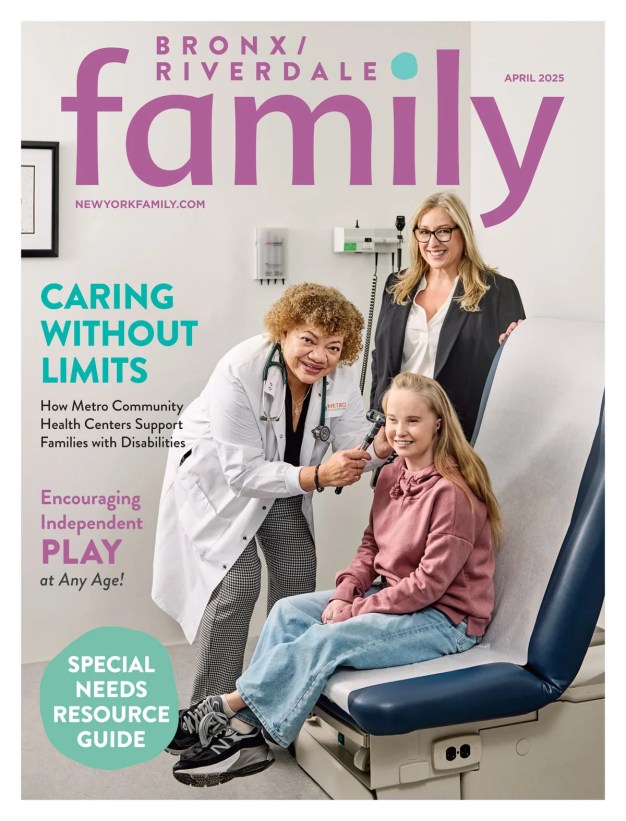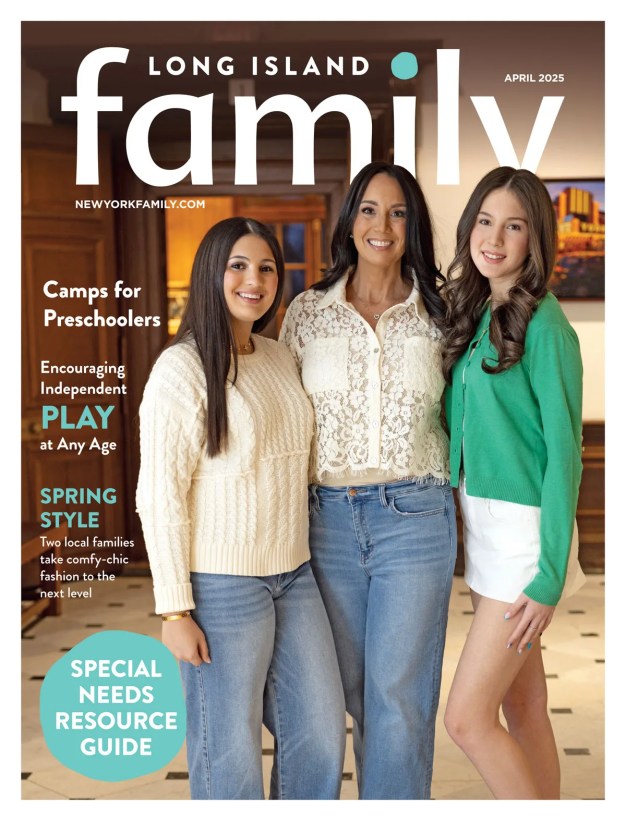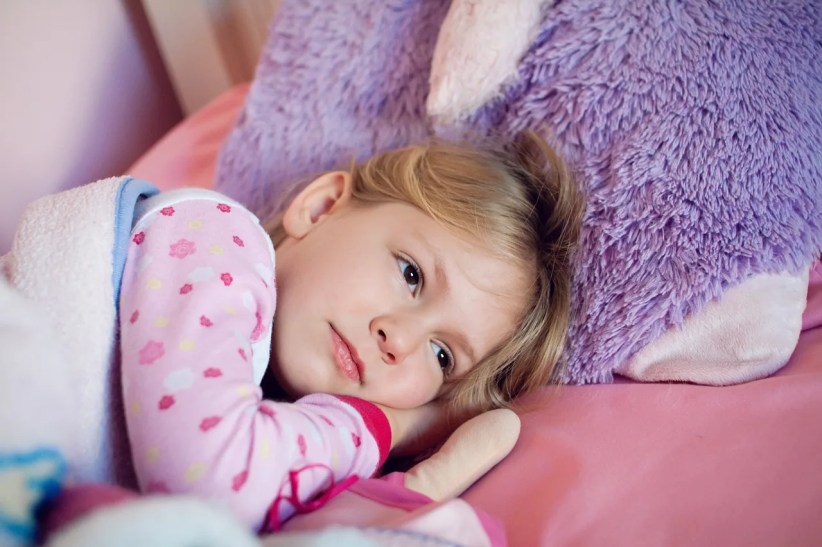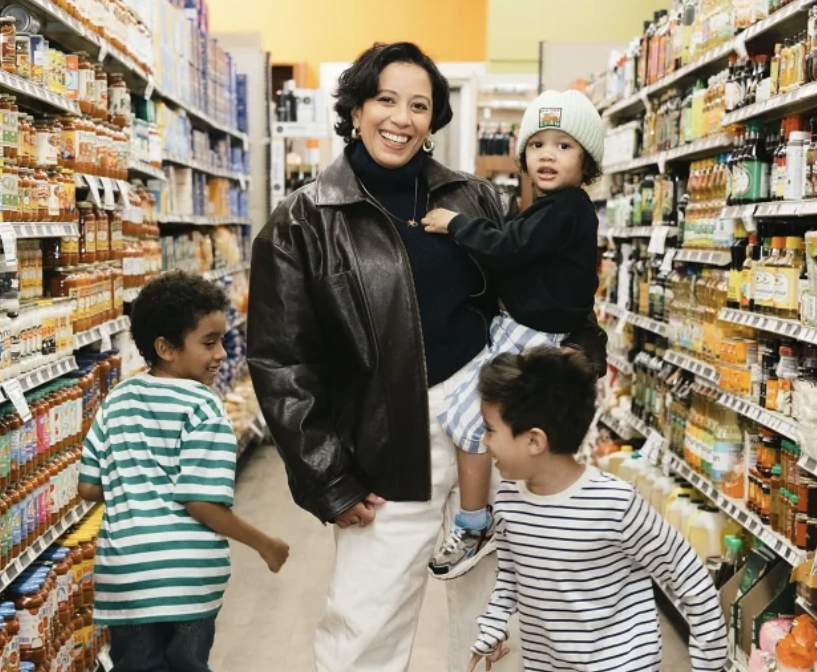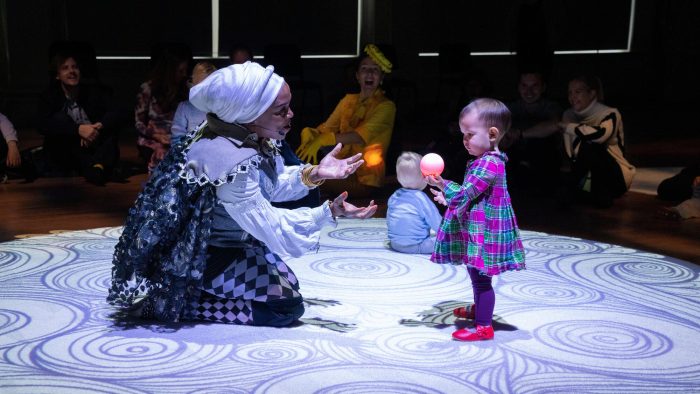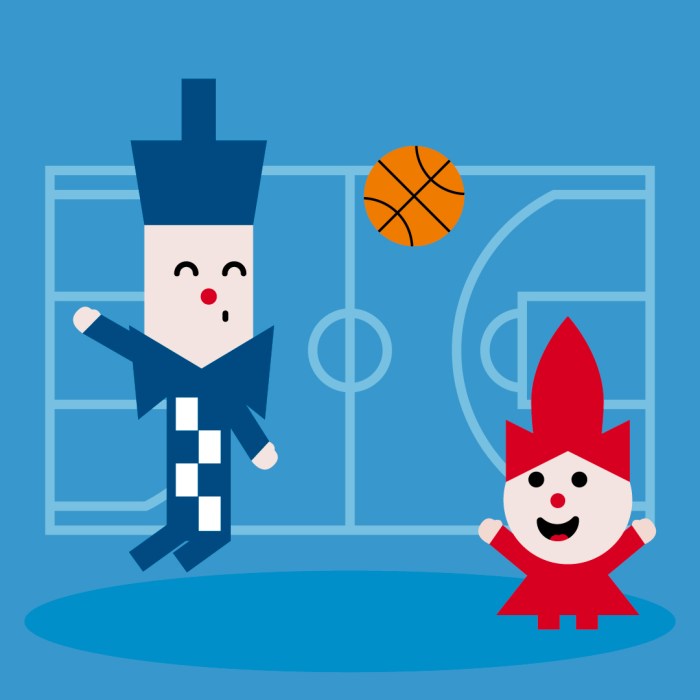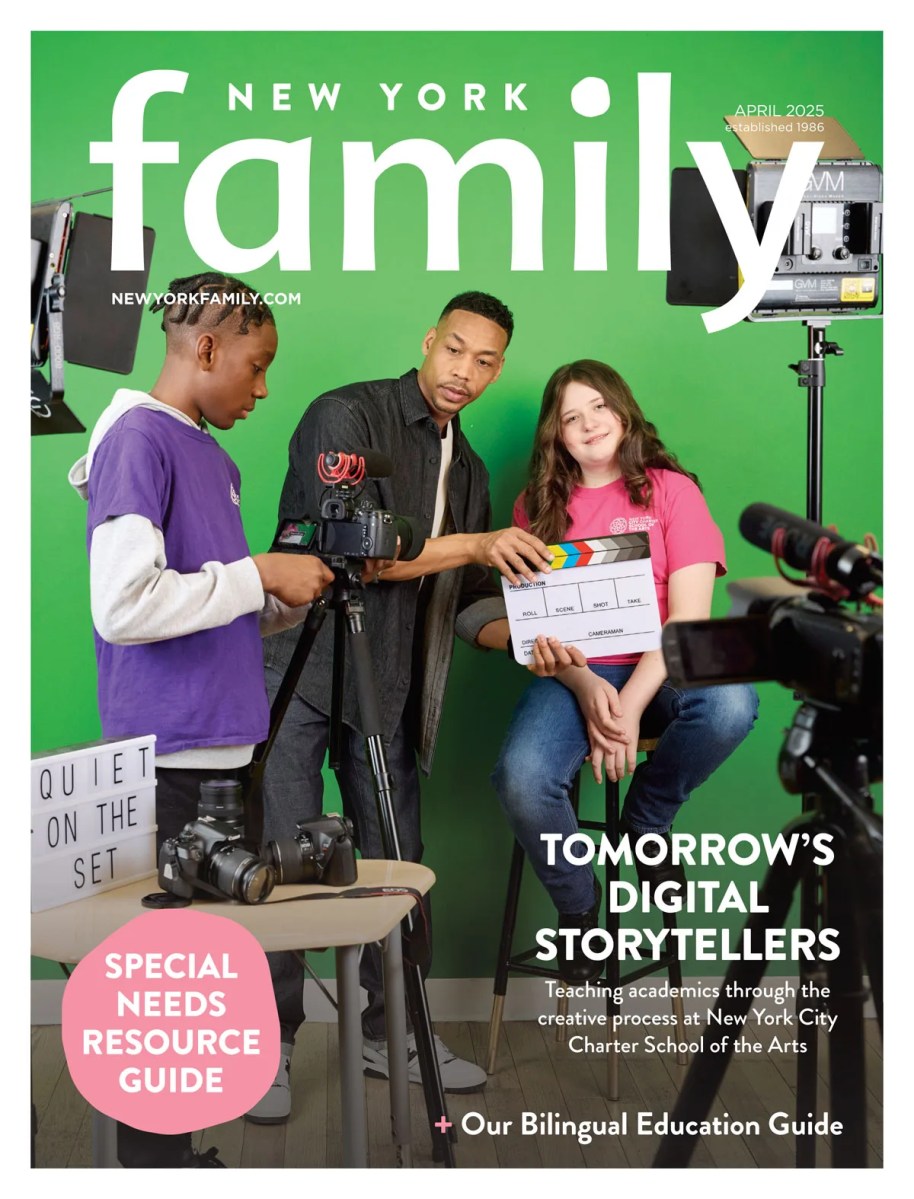
My daughter has always been small. But what she lacks in stature she makes up for in personality and confidence. Her daily, impromptu show tune improvisations, like “Elvis, with your pelvis, why do you kill the Earth with your hairspray?”, are always performed with cabaret kicks and jazz hands.
This Elvis tune she made up a few days before the start of fourth grade. I was glad that the challenges our family recently faced had not seemed to dampen her spirits: My husband had survived cancer surgery; his mother had dementia; I was caring for my own elderly mother; we were phasing out her beloved, full-time sitter; and the 2008 crash had significantly affected my husband’s business. And, overlaying all that, her school had ominously informed us that fourth grade would be “a transition.”
The product of segregation-era parents who preached the importance of education, my spouse and I opted for a rigorous New York City private school for our daughter. Despite the intense reputation of her school, my daughter loved it. The first few years left ample room for afterschool activities and downtime. But with fourth grade came more homework, a bigger backpack, the need for a daily planner. Even her ballet lessons became more demanding, increasing from an hour each Saturday to almost nine hours a week after school.
A few weeks after school began, our daughter stopped singing. When she wasn’t at ballet, she spent hours hunched over homework in her room, with papers strewn across the floor. One day, I noticed her luggage-sized backpack leaning unopened against her bedroom wall while she crouched on the hardwood floor, fiddling with objects inside of a large wooden box: crystals, paperweights, a light bulb, used batteries, scraps of ribbon, old Walkman headphones, plastic drinking straws, tokens from a state fair. My daughter held three pipe cleaners in her small hands, which she twisted into a braid and then wrapped around the base of a looking glass.
This back and forth continued every day for a couple of weeks, until one Sunday, when she became nearly frantic. I demanded to know what had she been obsessing over in her room all this time.
“I’m making a Smarticles Machine,” she finally relented. “Now, can we go to Home Depot?”
I’ve (over)indulged her in so many of her projects over the years: dime store fairy wings, cars made out of cardboard, endless inventions made out of tape and takeout chopsticks. All play and good fun. But the Smarticles Machine had turned serious. “I have to finish it before tomorrow!” she gasped.
“The Smarticles will help me finish my homework in 15 minutes and make straight A’s and still have time to play. And maybe we can do stuff as a family like we used to,” she said in a voice as small as she was.
Like we used to. Before cancer and eldercare and real-world problems occupied almost all of our time and attention. Before her nine-year-old life started to shoulder its own share of responsibilities that marked the beginning of the end of childhood as she knew it.
All of these things threw my daughter into a last, desperate embrace of her active imagination. A belief in magic to make everything better. A Smarticles Machine that would help her succeed in the face of increasing school demands and still have time to sing.
In the midst of a personal firestorm, the Smarticles reminded me that priorities don’t have to appear on a to-do list or a school planner to be important. And that sometimes a bit of levity and free time are all that’s really needed to keep life in balance.
